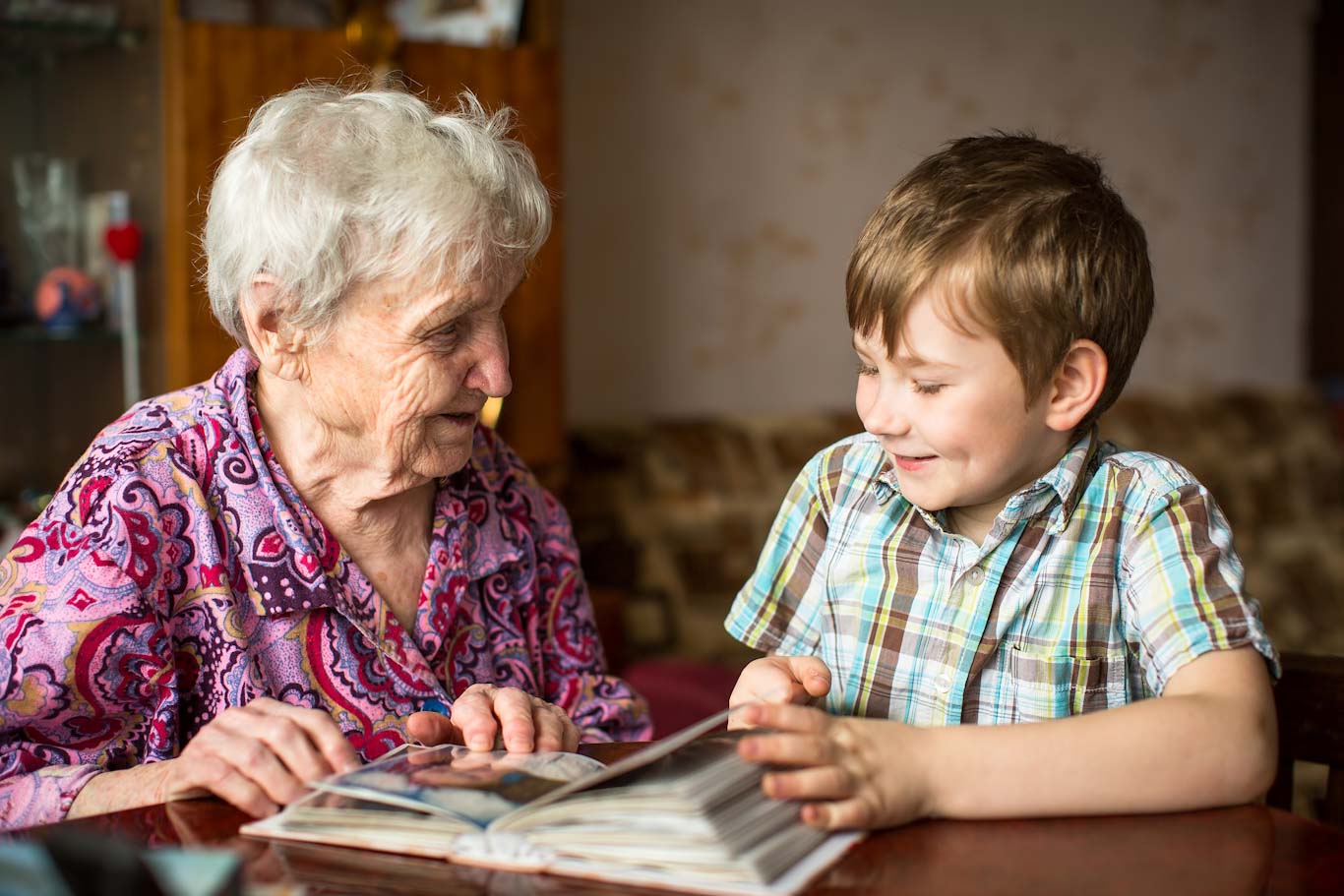How to Talk to a Child about Dementia


Breaking the News of a Loved One Having Dementia to a Child
A dementia diagnosis can be troubling and confusing for family members of all ages. Dementia can have a devastating effect on a family and explaining to everyone what it means, especially younger people can be hard. It is natural to want to protect children from difficult or confusing situations, but it is important to explain what is going on and what they can do to help, so they still feel they can visit without being afraid or upset.
How much you should tell a child will be dependent on their age and how you feel they will cope with the information. Trying to get a sense for how much detail they can cope with and tailoring your discussion to their age and disposition will help. Making sure they feel they can ask questions, with no subject being taboo, will also help reassure children and understand why they may see changes in behaviour.
Children will often go through the same emotions of anxiety and stress as adults. Common feelings include grief, anxiety, fear, embarrassment and even anger that their parents no longer have the time for them they had before, due to new caring responsibilities.
These anxieties can develop into longer term problems if they are not addressed. Exploring ways in which your child can help, following a dementia diagnosis, will allow them to feel involved and help them to understand the disease so they can still maintain contact with their loved one.
Here are some top tips as recommended by the Alzheimer’s Society on how to explain to a child that a loved one is living with dementia:
- Explain the situation as clearly and calmly as possible.
- Try to use simple examples of behaviour that might seem strange, such as the person with dementia forgetting where they are, or wearing a hat in bed.
- Focus on the things that the person can still do, as well as those that are becoming more difficult.
- Try to be patient. You may need to repeat your explanations on different occasions, depending on the age of your child.
- Encourage them to ask questions, if they have them.
- Ask how the person’s dementia makes the child feel. Listen carefully to what they have to say and try to imagine the situation from their point of view. This will help you find out exactly what might be worrying them.
- Give your child plenty of reassurance and hugs, where appropriate.
- Don’t be afraid to use humour, if it feels appropriate. It often helps if you can laugh about the situation together.
Dementia is a progressive disease and often sooner the child knows, the better they will be at coming to terms with the diagnosis and acquiring skills of dealing with painful emotions. You can find further information and support on the Alzheimer’s Society and


